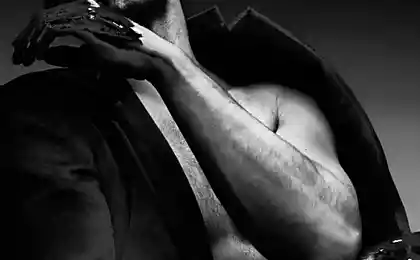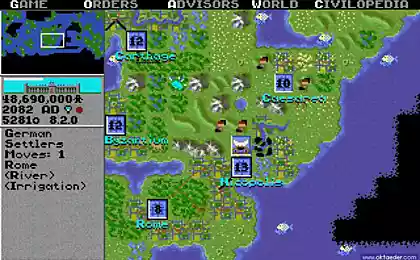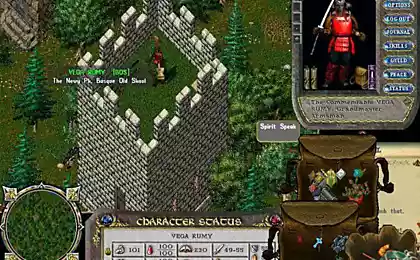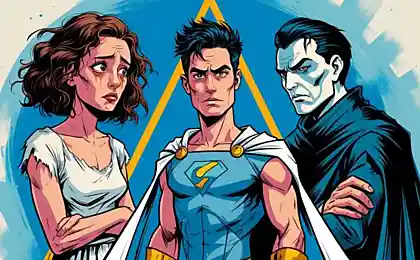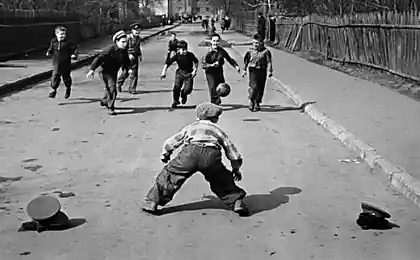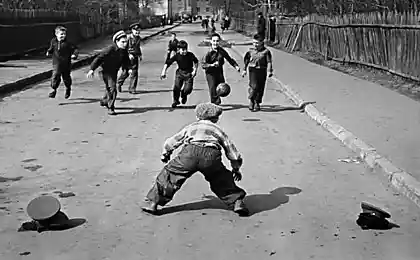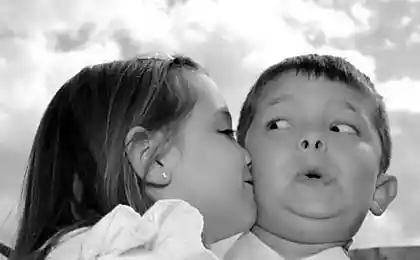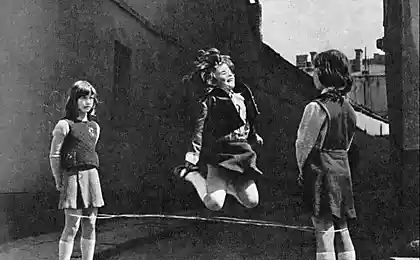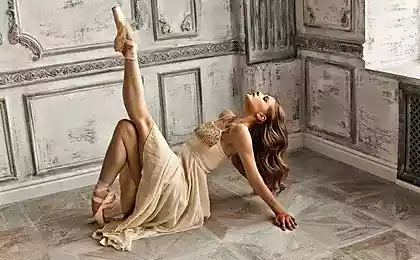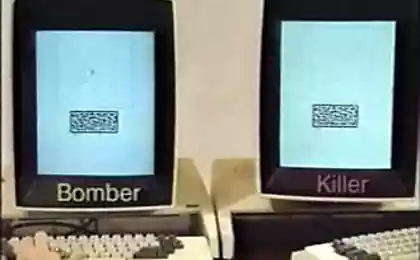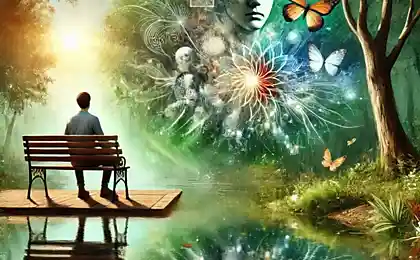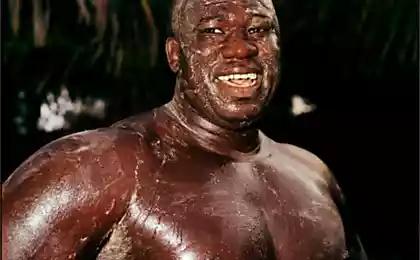224
What's your attitude to life? Victim, Child, Wrestler, Player or Author?
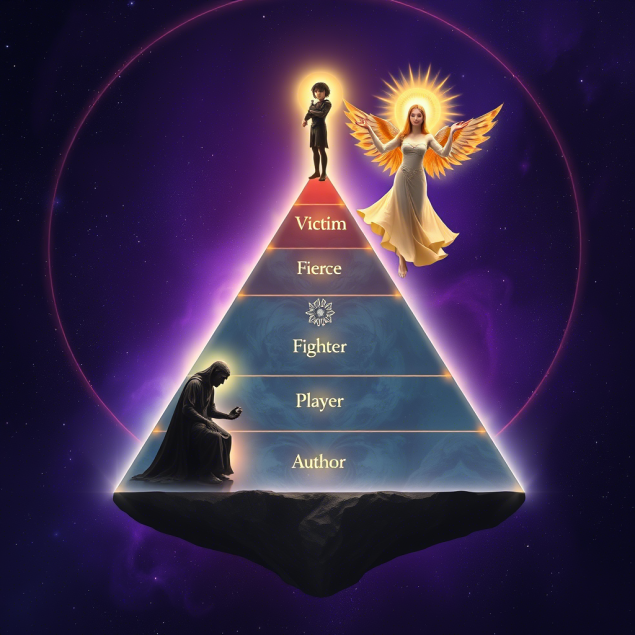
What's your attitude to life?
Victim, Child, Fighter, Player or Author of Your Destiny
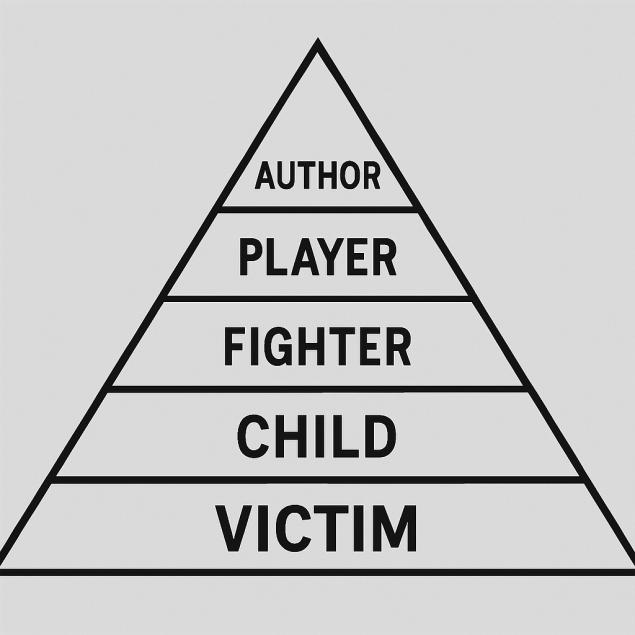
Every day we make thousands of decisions, from the simplest to the most fateful. Have you ever wondered from what internal position you are doing this? Psychologists identify five basic archetypes of attitude toward life, each of which determines our behavior, emotions, and outcomes.
Imagine Anna, a 35-year-old marketer from Kiev. In the morning, she wakes up and thinks, "Again, this terrible day at work, my boss doesn't appreciate me, the kids don't listen, my husband doesn't help." In the evening, Marina, a colleague of the same age, falls asleep with the thought: “Tomorrow I will try a new approach to the project, I wonder what will happen.” Two women, similar circumstances, but radically different internal attitudes.
American psychologist Timothy Leary in his research showed that our perception of reality directly affects the quality of life. Modern psychology distinguishes five basic life positions through the prism of which we perceive the world and ourselves in it.
Archetype "Victim": when life happens to us
Victim - survival mode
Internal state: constant exhaustion, resentment at the world, fear of the future, uncertainty of desires
Key thoughts: “I have no choice,” “It all depends on others,” “It’s not my fault.”
Behavioral patterns: self-restraint, blaming others, anticipating change from the outside
Lyudmila has been an accountant for 15 years. Every morning she says to herself, “Well, you have to feed the family.” She dreams of doing creative work, but is convinced that “it’s not for people like me.” When colleagues offer to master new programs, she replies: “Why?” Nothing will change.”
The position of the victim is a protective mechanism of the psyche in a situation where a person feels powerless. According to research by psychologist Martin Seligman, this condition can develop due to repeated negative experiences, when attempts to change the situation did not lead to results.
Signs that you are in the victim position:
• Constantly complaining about circumstances
• Look for the blame for all the problems
• Feeling powerless to change anything
• Postponing important decisions “for later”
The Child Archetype: In Search of Approval
Child - Dependency regime
Internal state: anxiety, self-doubt, constant need for support
Key thoughts: “I can’t do it without help,” “Tell me what’s right,” “What if I’m wrong?” ?
Behavioral patterns: shifting responsibility, constant comparisons, searching for mentors

Oleg, a 28-year-old programmer, asks his wife every morning: “What should I wear?”, constantly asks colleagues at work: “Am I doing the right thing?”, and in the evening browses social networks in search of motivating posts. He is talented but paralyzed by the fear of making a mistake.
Children's position is formed in families where either overprotected, or, conversely, criticized for any initiative. The person remains in the state of the inner child, looking for an “adult” who will tell you what to do.
Maturity begins when we take responsibility for our decisions without waiting for approval from others.
Archetype "Fighter": through overcoming to the goal
Wrestler - Awakening Mode
Internal state: Anger as a motivator, a desire to prove, a leap through strength
Key thoughts: “I have to work!”, “To succeed, you have to fight”, “Without pain there is no result”
Behavioral patterns: perfectionism, self-criticism, excessive loads
Elena started her business two years ago. She works 14 hours a day, sleeps 5 hours, and constantly scolds herself for being “not productive.” “If I don’t give 200%, it won’t work,” she says. The results are there, but the joy of achievement is not.
The position of a fighter is an important stage in the development of personality. This is the first time a person realizes that they can influence their life. However, energy is spent inefficiently through resistance and coercion.
Archetype "Player": life as an experiment
The player is the regime of freedom
Internal state: curiosity, openness to the new, ease of perception
Key thoughts: I wonder what will happen, I have the right to make a mistake, Life is an adventure.
Behavioral patterns: Experiments, training, changing roles and directions
Over the past three years, Dmitry changed the profession of a photographer to a copywriter, then began to study psychology, at the same time he blogs about travel. "Every new project teaches me something important about myself," he says. People around him consider him “not serious”, but Dmitry is happy and financially independent.
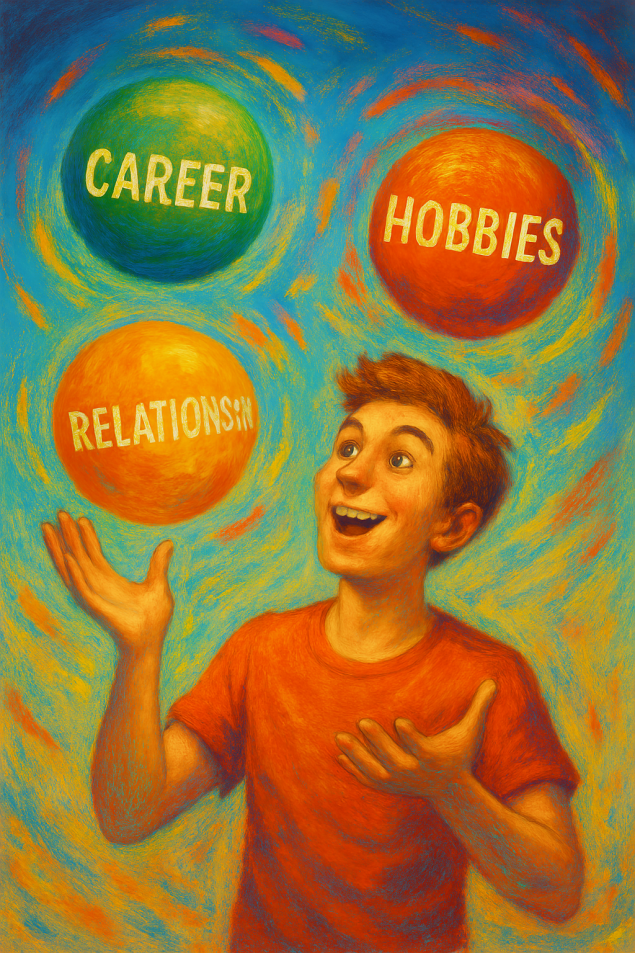
The position of the player allows you to explore your capabilities without the pressure of perfectionism. According to the theory of positive psychology of Mihai Csikszentmihalyi, it is in the state of “flow” – when we play and experiment – that the best results are achieved.
How to develop the player's position:
• Do “mini-experiments” for a week.
• Allow yourself an “amateur” approach to new things
• Celebrate the process, not just the result
• Ask yourself, “What can this teach me?”
The Creator Archetype: Conscious Creation of Life
The Creator: The Integrity Regime
Internal state: inner clarity, self-reliance, gratitude
Key thoughts: “I create my reality,” “My path is unique,” “I choose consciously.”
Behavioral patterns: Internal Compass Action, Respect for Borders, Service to Mission
Irina, a psychologist and mother of two, found a balance between profession, family and creativity. She writes books, teaches courses, and raises children without feeling “torn.” "I don't fight life, I dance with it," she explains her approach.
The position of the creator is the integration of all previous stages. Man has learned to emerge from the role of victim, take responsibility for his decisions, act effectively and experiment. Now he creates life consciously, based on his deepest values.
The key feature of the creator: He does not avoid other roles, but chooses them consciously. He can be a student when he needs to learn, a fighter when he needs to overcome obstacles, but he always remains the author of his story.
Practical recommendations: how to move to the next level
From the victim's perspective:
Start small. Choose one area of life where you can take control. This can be a sleep schedule, eating, or 15 minutes a day for a hobby. Keep a decision diary – write down at least one decision you made each day.
From the child's perspective:
Practice making decisions without consulting. Start with the little things: what to eat for breakfast, what movie to watch. Create a rule: first formulate your opinion, then ask others. Learn decision-making techniques.
From the wrestling position:
Learn to distinguish between “important” and “urgent.” Use the Eisenhower matrix. Enter time for rest and reflection in your schedule. Practice self-compassion – treat yourself like a good friend.
From the player-creator position:
Identify your core values. Conduct a regular inventory of life: what works, what doesn’t, what you want to change. Develop a long-term vision without losing your ability to be spontaneous.
Universal development techniques:
• Mindfulness meditation – 10 minutes a day
• Maintaining a reflective diary
• Regular feedback from loved ones
• Learning new skills to expand your comfort zone
• Working with a psychologist or coach to speed up the process
Conclusion: Your life is your choice
Each position has its own value and can be useful in certain situations. The victim teaches us compassion, the child teaches us openness, the fighter teaches us achievement, the player teaches us creativity, and the creator teaches us wisdom. It is important not to get stuck in one role, but to consciously choose the one that is most effective at the moment.
Remember, changing your internal position is a process, not an event. Be patient with yourself, but persistent in your development. Every day, we can choose whether to be a victim of circumstances or the author of our amazing story.
Life is too important to be serious. And too beautiful to be accidental.
Glossary of terms
Archetype A universal pattern of behavior or thinking characteristic of the human psyche.
Learned helplessness A psychological state in which a person does not make attempts to improve his situation, although he has such an opportunity.
Flow status A psychological state of complete immersion in an activity characterized by vigorous focus, full involvement and enjoyment of the process.
The Eisenhower Matrix Prioritizing tasks according to the criteria of importance and urgency.
reflection - the process of self-analysis, comprehension of their own actions, thoughts and experiences.
Positive psychology A direction in psychology that studies the positive aspects of human life: happiness, well-being, strengths of character.
Mindfulness (mindfulness) The practice of directing attention at the moment without condemnation.
Stages of Life by Age: Hindu Wisdom on Purpose in Different Periods of Life
The mirror of the soul: how the heroes of the screen reveal our true desires

